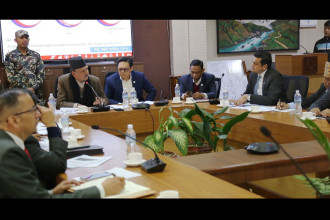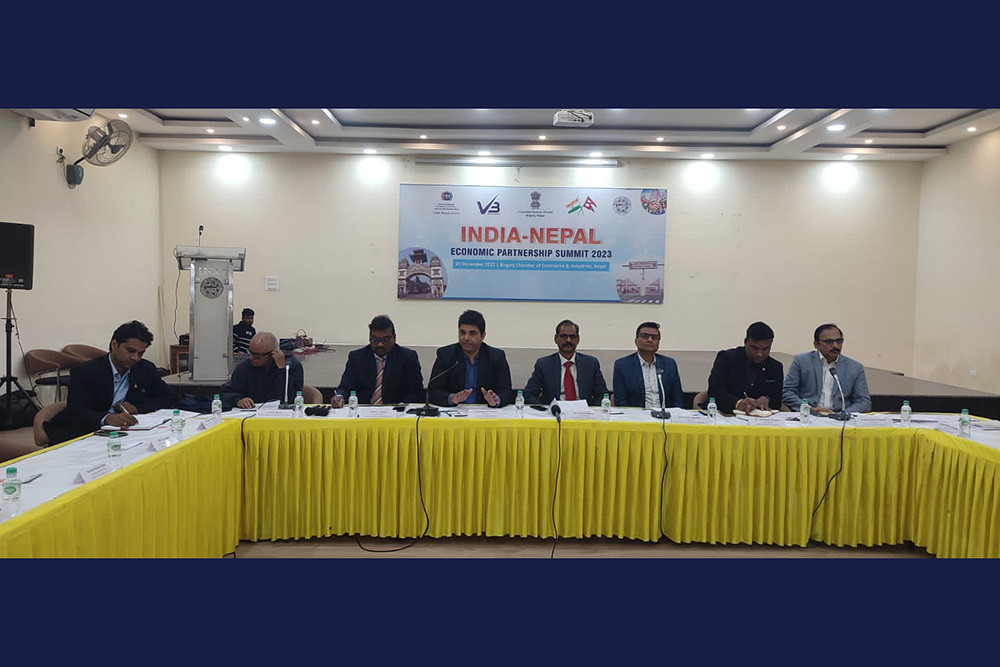
New research by Amnesty International has revealed that thousands of migrant workers are still waiting in vain for unpaid wages and compensation, despite Qatar’s promises to improve workers’ rights.
All work, no pay: The struggle of Qatar’s migrant workers for justice highlights how hundreds of migrant workers employed by three construction and cleaning companies have given up on justice and returned home penniless since March 2018. This is despite the Qatari authorities having established new committees intended to rapidly resolve labour disputes, as part of reforms agreed ahead of the 2022 World Cup.
“Despite the significant promises of reform which Qatar has made ahead of the 2022 World Cup, it remains a playground for unscrupulous employers. Migrant workers often go to Qatar in the hope of giving their families a better life; instead many people return home penniless after spending months chasing their wages, with too little help from the systems that are supposed to protect them,” said Amnesty International’s Deputy Director of Global Issues, Stephen Cockburn.
The committees have been so inundated with complaints, and have so few judges, that workers are forced to wait months for their cases to be processed. Even when compensation is awarded it is often not paid, and Qatar has so far failed to launch the support fund it promised in October 2018.
“Migrant workers in Qatar too often face an impossible choice between long and often fruitless efforts to seek justice or returning to their families without the money needed to support them. We are urging the Qatari authorities to fully deliver what has been promised and end the shameful reality of labour exploitation,” said Stephen Cockburn.
Since March 2018, Amnesty International has followed the search for justice of more than 2,000 people working for Hamton International, Hamad bin Khaled bin Hamad (HKH) and United Cleaning after the companies stopped paying their wages for several months, citing financial difficulties, before ceasing operations and ending their contracts. The companies were working on a range of construction projects and cleaning contracts.
At least 1,620 of these workers submitted complaints to the new Committees for the Settlement of Labour Disputes, which were introduced in March 2018 as part of a series of reforms Qatar promised to make to improve workers’ rights in partnership with the International Labour Organization. According to a US State Department report, the committees received more than 6,000 complaints in 2018.
While some of them were eventually given part of what they were owed by their employers in exchange for dropping their cases, most went home with nothing. None of the workers received compensation through the committee system.
The Qatari Ministry of Administrative Development, Labour and Social Affairs told Amnesty International that they had helped to negotiate many of these settlements and coordinate provision of food and generators to workers’ camps.
While Qatari law states that the committees are supposed to issue judgements on cases within six weeks of a complaint being made, Amnesty found that workers had to wait between three and eight months. In the meantime, they lived without income in labour camps lacking sufficient food and running water, facing impossible choices about whether to go home or fight on.
Workers are often forced to lodge a new case at the civil courts to try to force employers to pay them the compensation they are entitled to. This in turn leads to further delays and more out-of-pocket expenses – often without success.
In October 2018, Qatar also announced it would introduce a Workers’ Support and Insurance Fund’ to provide compensation. Almost a year later it remains unfunded and unused, despite the urgent need.
Qatar hosts about two million migrant workers, but it does not meet international labour standards. Amnesty International has repeatedly called for Qatar to abolish the abusive kafala system, which ties workers to their employers for up to five years and prevents some groups of workers such as domestic workers from leaving the country without their employers’ permission.





